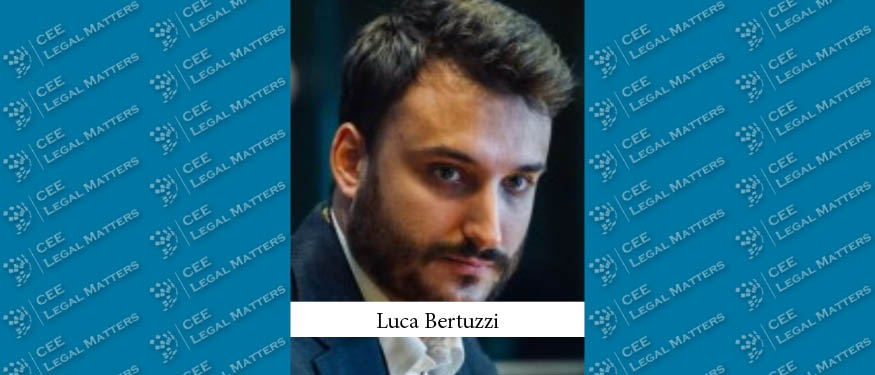On Tuesday, the EU Parliament unleashed a legislative game-changer in the global climate battle, adopting the world’s first carbon border tax (CBAM). The MEPs also formally adopted the deals reached with the Council in December 2022 on several other critical pieces of legislation, including the closely-related revised EU’s Emissions Trading System (“EU ETS“) and a new Social Climate Fund (“SCF“), all a vital part of the EU’s Fit for 55 package, designed to help the bloc cut greenhouse-gas emissions by 55 percent by 2030 against a 1990 baseline.
The CBAM complements the EU Emissions Trading System (ETS), addressing the phenomenon of “carbon leakage.” Together, these systems aim to foster competition and establish a “polluter pays” principle across the board.
Why does this matter?
The CBAM is a significant milestone in the EU’s fight against climate change, aimed at preventing companies from moving production to countries with less stringent green policies. This mechanism will help level the playing field and encourage non-EU countries to increase their climate ambition.
However, this may have a significant negative impact on many economies, including the Western Balkans, as more than 80% of the region’s exports go to the EU, and are heavily exposed in the affected industries. Unless urgent measures are introduced, the levy may reduce the competitiveness of businesses and economies in the EU market.
Adoption Process & CBAM Scope
Although the adoption of CBAM faced challenges and disagreements, the final approval by the EU Parliament marked a turning point. The CBAM will initially cover iron and steel, cement, fertilizers, aluminum, electricity, hydrogen, and precursors, with the possibility of expansion in the future. By the end of 2025, the European Commission will assess the likelihood of including organic chemicals and polymers in the scope of the CBAM, which are currently excluded.
CBAM’s Entry into Force
The CBAM will come into force 20 days after its publication in the Official Journal of the EU. Starting in October 2023, there will be a transitional period until the end of 2025. The CBAM will be fully implemented by 2034, requiring all companies operating in the EU to pay for CO2 emissions embedded in imported goods.
What should be done?
Companies worldwide must make strategic decisions to reduce emissions, switch to green technology, and include carbon offsetting in their supply chains. Governments should urgently look into ways of introducing national carbon pricing mechanisms. Governments and businesses must quickly adapt to the changes and prepare to face the challenges ahead.
Gecić Law is closely monitoring these developments and will continue to provide updates on this groundbreaking mechanism.
By Nikola Ivkovic and Vasilije Boskovic, Associates, Gecic Law



















